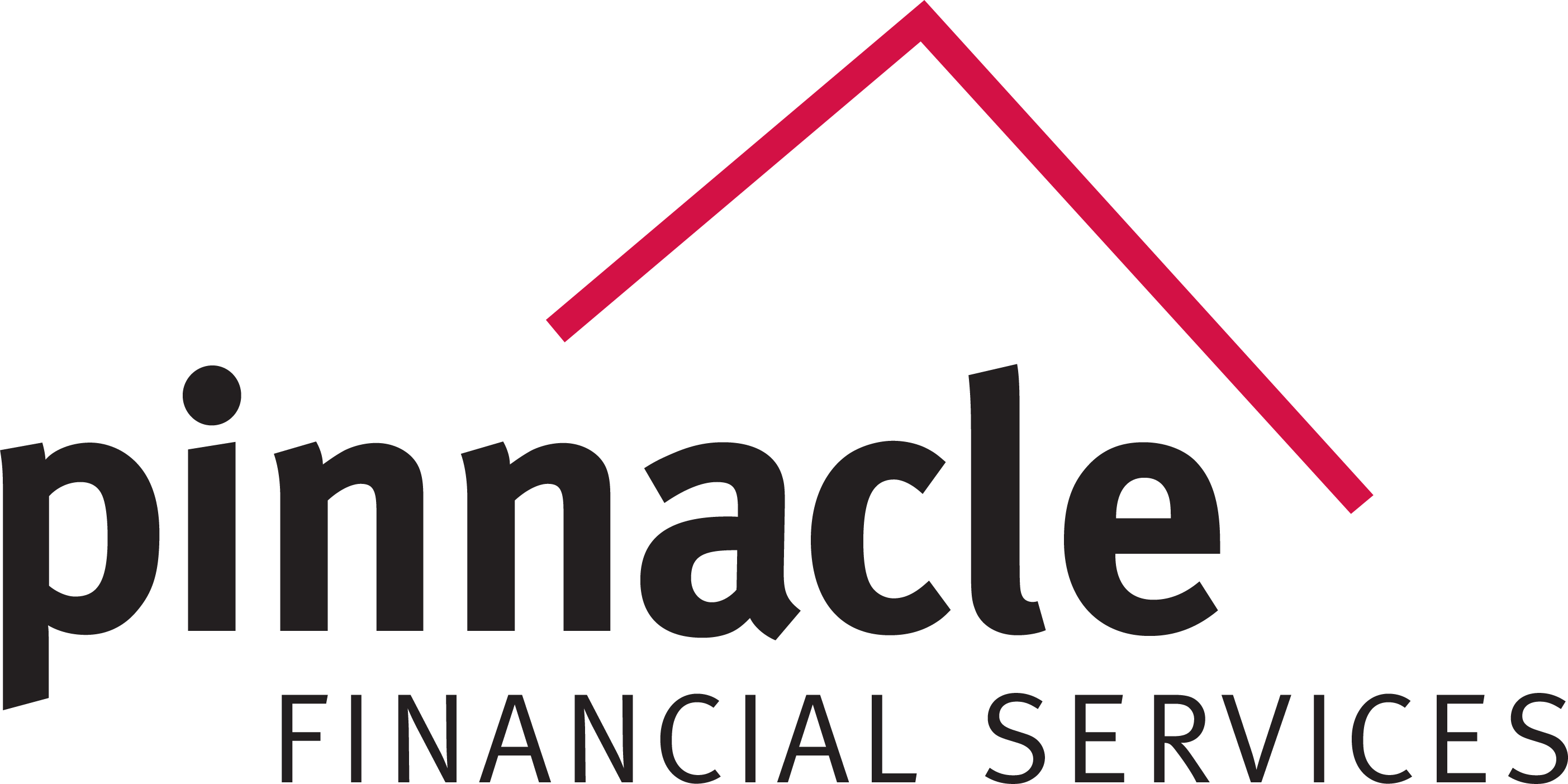Does the SOA 48-hour rule apply to telephonic and electronic interactions?
Telephonic and electronic communications are not exempt from the SOA 48-hour rule; the rule applies to any personal marketing appointment, whether in person, telephonic, or virtual/electronic. In addition, to the exception outlined in the Final Rule, we have received clarification from CMS that the 48-hour rule is not applicable to inbound calls. TPMOs should still obtain an SOA for inbound sales/marketing calls and electronic communications, but the 48-hour guideline does not apply to these scenarios.
How does the SOA 48-hour rule work relative to outbound calls?
The SOA 48-hour rule does apply to outbound calls even if the beneficiary has requested a call to discuss plans. The initial outbound call is to determine the type of plans the member would like information on and to schedule the sales call at least 48 hours after this contact.
Does the SOA 48-hour rule apply to telephonic and electronic interactions?
Telephonic and electronic communications are not exempt from the SOA 48-hour rule; the rule applies to any personal marketing appointment, whether in person, telephonic, or virtual/electronic.
Does the SOA 48-hour rule apply to contracted agents that receive Live Transfer calls?
CMS provided clarification that the 48-hour rule is not applicable to inbound calls. If the initial outreach to a beneficiary is conducted as an outbound call and then transferred to an agent, this is still considered an outbound call and the 48-hour rules apply. The agent should not discuss plans after this live transfer but rather schedule an appointment at least 48 hours after the SOA is agreed to by the beneficiary.
Is there an issue with agents taking calls and doing immediate enrollments without the 48-hour waiting period?
As long as it is a member-initiated inbound call, the SOA 48-hour rule does not apply and agents may conduct marketing, sales, and enrollment activities during that inbound call (must be recorded).
Do you have to be licensed to take a SOA?
Based upon CMS guidelines, SOAs do not need to be completed by licensed agents (as long as the individual completing this function has completed all required Medicare training, i.e. required FDR compliance and FWA training). Third-Party Marketing Organizations (TPMOs) need to ensure no further State DOI licensure requirements apply to licensed and unlicensed prospect communication activities.
What can agents do in between the time they collect the SOA and the 48 hours? Must they wait to complete the full consultation/needs assessment or is it solely the ENROLLMENT they cannot collect for 48 hours?
When the SOA 48-hour applies (i.e. outbound calls), the agent may not discuss any plan-level details with the beneficiary, and therefore no sales/marketing consultations regarding MA/MAPD/PDPs should be conducted until the scheduled appointment.
Does the 48-hour rule and/or SOA, in general, apply to beneficiaries who enroll via a website? Can they enroll same day or will there be restrictions on websites as well?
If no sales/marketing appointment takes place, (i.e. no direct interaction with an agent), then the SOA is not applicable.
How does the 48-hour rule apply when a beneficiary requests a call?
If a beneficiary completes permission to contact or a business reply card, contact can be made immediately. Since that contact is outbound to the beneficiary, the agent may not discuss any plan-level details with the beneficiary, therefore no sales/marketing consultations regarding MA/PDPs should be conducted until an SOA is completed and an appointment is scheduled at least 48 hours after. No enrollment should be completed on the initial outbound response to the permission to contact, unless a CMS exception applies, i.e. last four days of a valid election period.
Are agents able to do a needs analysis first and then schedule a call with the beneficiary 48 hours later to complete enrollment, or are they not allowed to discuss any MA/PDP plans at all until 48 hours?
When the SOA 48-hour rule applies (i.e. outbound calls), the agent may not discuss any plan-level details with the beneficiary, therefore no sales/marketing consultations regarding MA/MAPD/PDPs should be conducted until the scheduled appointment. A need analysis is not permissible prior to the 48-hour wait period.
If a TPMO collects the SOA from the customer when they complete the lead form, is it acceptable to tag the lead with the date and time the SOA was completed and then call the customer after 48 hours?
The lead form must include all required elements of the SOA. This includes the date of appointment as a required field. The customer should understand and agree to when (after 48 hours) the personal marketing appointment will take place. For example, Jane Doe completed and signed an SOA on October 15th, for a telephonic appointment with an Aetna Medicare licensed insurance agent for October 18th at 10:00 am ET. The outbound call should be made to Jane Doe on October 18th at 10:00 a.m. ET. The SOA must be completed with the date and time of the appointment and that appointment must be at least 48 hours after completion of the SOA.
Does the “Agent Contact Information” on an SOA need to be agent specific or can it be general at a sales agency contact information, so the prospect/member knows they will be contacted by a licensed agent from XYZ agency or an Aetna Medicare licensed agent?
General contact information for the sales agent/broker or contracted entity may be permissible, but the beneficiary must be able to contact that entity for any questions regarding the appointment. If the SOA reflects that an agent from XYZ Company will contact Jane Doe on Thursday at 3:00 p.m., the agent that ultimately conducts this appointment must be a licensed agent at XYZ Company.
TPMO contacts their current client via an outbound call to check in on the current plan. During the conversation, the member wants to discuss a new plan because they may want a PPO instead of their HMO. Does the agent need to wait 48 hours to present plan details for a plan change for a current client?
The 48-hour rule DOES apply since it is applicable to outbound calls. The fact that the client is an existing member does not waive the 48-hour wait time.
TPMO contacts a beneficiary to discuss Medicare Supplement based upon a business reply card or some other permission to contact. During the conversation, the member wants to discuss a PDP in addition to their Medicare Supplement plan. Since the 48-hour and SOA rules do not apply to Medicare Supplement and the lead was generated based on those products but turned into a discussion about MA/PDP, does the agent need to wait 48 hours to present the plan details for the PDP?
The 48-hour rule DOES apply.
TPMO makes an outbound call based upon permission to contact. Beneficiary states let’s review the plans now, I have time. Agent should inform the beneficiary that, due to CMS guidelines, I must schedule a future appointment at least 48 hours from now. If the beneficiary continues to want to hear about MA/PDP can the agent have the beneficiary call them back on an inbound call to waive the 48-hour rule?
No, the 48-hour rule is only waived on UNSOLICITED inbound calls. An agent should never advise a beneficiary to call them back just to avoid the 48-hour rule.






